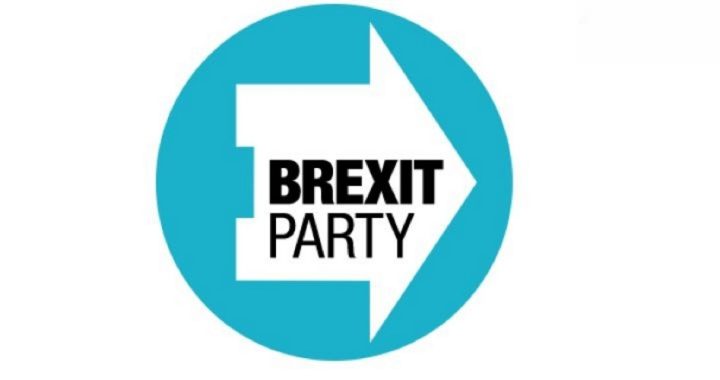
It was about time that Boris Johnson got some good news for a change. Since the embattled prime minister entered number 10 Downing St. in July, it’s been one disaster after another. But on Monday, longtime rival and head of the new Brexit Party, Nigel Farage announced that his party would not contest seats held by the Conservative (Tory) Party in the upcoming snap general election on December 12.
Last week, Farage had stated plans for the Brexit Party to run in at least 600 of the U.K.’s 650 constituencies, including ones held by Conservatives. While the Brexit Party will no longer challenge the Tories, they will challenge at least 300 seats currently held by the Labour Party, the SNP, and the Liberal Democrats.
According to Farage, Johnson’s promise not to extend the post-Brexit transition period beyond the end of 2020 caused him to rethink his stance. “I thought to myself overnight, that actually sounds a bit more like the Brexit we voted for,” Farage said.
“We have to put country before party and take the fight to Labour,” Farage said.
Brexit Party Chairman Richard Tice confirmed that Johnson had conceded “zero” to Farage in exchange for this gift out of nowhere. Tice, too, claimed that the decision was made for the good of the country. “Ultimately, this is an important strategic judgement for the country,” Tice said. “We must not have a second referendum.”
The Brexit Party is expected to have the most influence in central and northern England where there are many “blue collar” Labour voters who fervently support leaving the EU but would never support the Tories. The Brexit Party allows such voters to support Brexit without supporting the Conservative Party.
Johnson, of course, was quite happy with the news. On Twitter he posted, “We welcome Nigel Farage’s recognition that another gridlocked, hung Parliament is the greatest threat to getting Brexit done. If we have another hung Parliament it would lead to two more chaotic referendums next year. The Conservatives only need nine more seats to win a majority and leave by the end of January with a deal. We can then finally move on as a country, and focus on the priorities that matter to you and your family.”
Johnson’s main rival, Jeremy Corbyn of the Labour Party, wasn’t quite so happy, and blamed President Trump for the news. “One week ago Donald Trump told Nigel Farage to make a pact with Boris Johnson. Today, he got his wish.”
While it’s not quite the “pact” that Corbyn says it is, it is good news for Johnson. There are things that will need to be ironed out between the Brexit Party and the Tories, but Farage’s decision represents a de facto alliance between the two factions. Something that as recently as last week, many would have thought impossible.
During his brief tenure as prime minister, Johnson has suffered the defection of 22 members of the Conservative Party over various disagreements with his Brexit stance. Johnson next lost his own brother, politically speaking, as Jo Johnson resigned from the government and stepped down as a member of parliament (MP) saying that he was “torn between family and national interest.”
Then, on September 24, the U.K. Supreme Court found that Johnson’s attempt to prorogue Parliament for five weeks leading up to an October 31 Brexit date was unlawful.
Despite all of that, on October 17, Johnson came through on his promise to renegotiate a withdrawal agreement with the European Union. Unfortunately, a special Saturday session of Parliament passed an amendment that withheld Parliament’s approval of the new deal until legislation could be passed to implement the deal. So after months of saying that Great Britain was definitely leaving the EU on October 31, Johnson was forced to send a letter to the EU in which an extension was asked for. Johnson refused to sign the letter, saying it was “Parliament’s letter, not my letter.”
Brexit is now in the hands of the British people again. It’s not, officially, a second referendum like many Remainers wanted, but it is one in that the people will now be voting for a new Parliament and who will be in charge of it. A win for the Tories and/or the Brexit Party will virtually assure a Brexit of some type will happen on January 31 of next year. It might not be the “clean-break” Brexit that many had hoped for, but at least it would be done.




